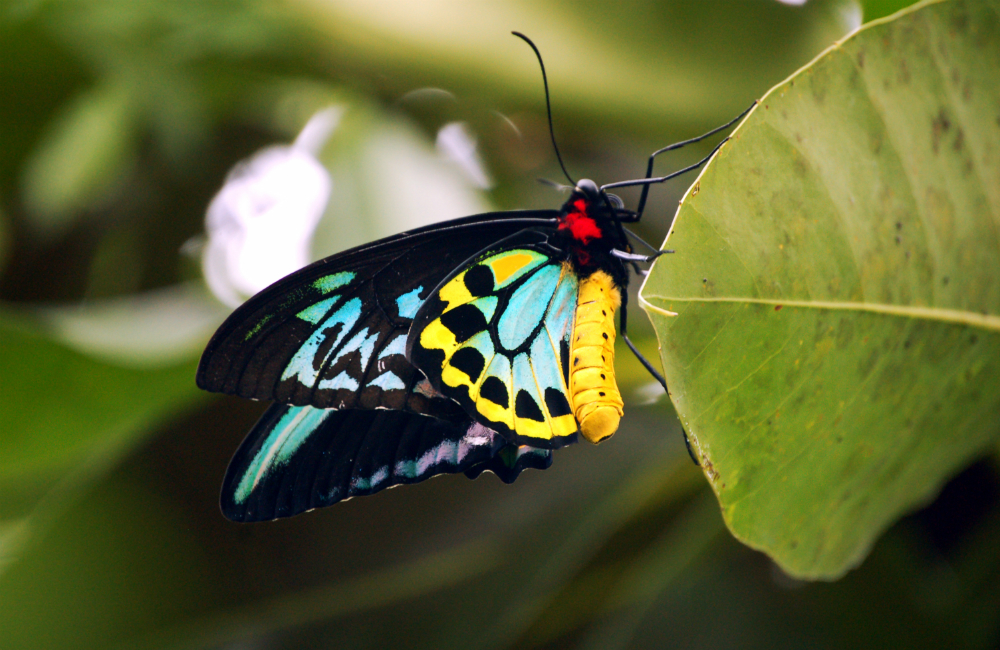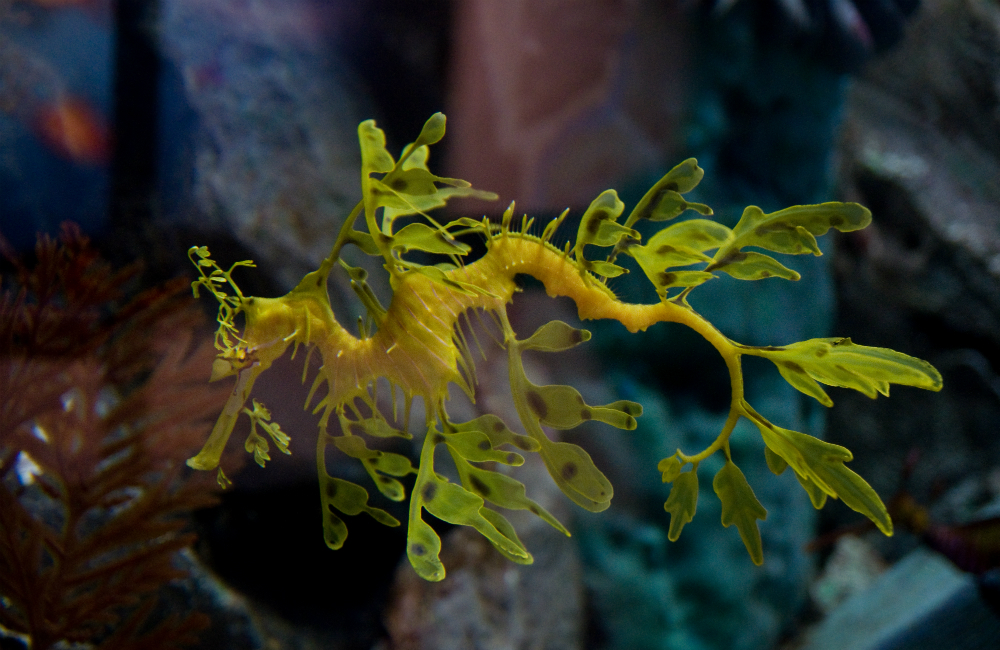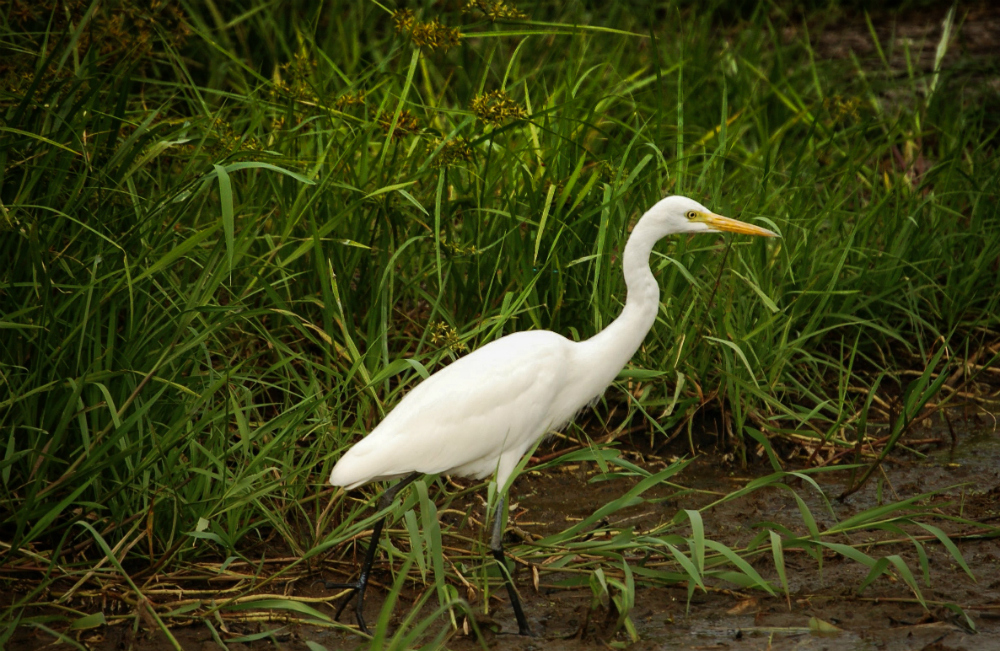Can you cut 1 Tonne of carbon pollution out of your life?
Take the challengeBiodiversity is a common buzzword in discussions about protecting our environment, but what does it mean and why is it so important? As part of a global effort to learn some of the answers to these questions, May 22nd has been nominated by the United Nations as the International Day for Biological Diversity.
In a world where everything is becoming increasingly homogenised, the importance of celebrating all forms of social and cultural diversity becomes clear. After all, how dull our meals, fashion and conversations would be if everybody looked, dressed, ate and thought the same? Diversity is the spice of life, but when we're talking about our planet's ecosystems it's a crucial ingredient.

So what is biodiversity?
As the word suggests, it's the sum total of all of the species and ecosystems living on our planet—as well as the variation within those species and systems. From the Amazon to the Gobi Desert, the different habitats we see around the world today have been shaped over time by landscape, geology, climate and rainfall. As a general rule, warmer, wetter climates have more diversity—which is why tropical countries boast such a vast array of birds, bugs, flowers and jungles.
With our broad range of habitats, unique species and warm climate, Australia is also included in this 'megadiverse' club. Unfortunately, we are also top of the class when it comes to how much of our biodiversity we've lost - and globally, we're losing species at an accelerating rate. There are multiple reasons behind this decline but some of the main drivers are habitat destruction, climate change, over-harvesting and exotic species.


Why is this important?
First and foremost, all life has an inherent value. The forces of nature on Earth have created a system that favours complexity and diversity. We are a product of this process and we depend on this foundation of diversity for our very survival. Our planet's species and ecosystems are all interconnected, like a web. If we remove a few strands we weaken the web's structure and its resilience to damaging impacts such as natural disasters or climate change. Every time we lose a species or an ecosystem, a link is broken and if we remove too many threads, the entire system will weaken and collapse.
Statistics around biodiversity decline certainly make for depressing reading, with constant news about beautiful, iconic species whose numbers are precariously low. While it may feel like an insurmountable challenge, there are individual actions that we can take to help look after our wild spaces and the species that call them home.

One of the main drivers for biodiversity loss is our overly consumptive and wasteful lifestyle, so one of the most powerful things we can do is to reduce our consumption. Many people interpret this as meaning we need to deprive ourselves, or 'go back to the cave', but there's a lot we can do without ever feeling the pinch.
Some of the key steps we can take include;
- Swapping, repairing or buying secondhand items rather than buying new.
- Supporting local small scale farmers.
- Reducing our meat and processed food consumption
- Buying from sustainable producers and avoiding food waste and packaging.
- If you're lucky enough to own a piece of land, consider enhancing your garden with plants that are native to your local region to attract and support local wildlife.
There are also hundreds of community groups throughout Australia that anyone can join who are working on ways to support our local habitats; from weeding and revegetation activities, to cleaning up rubbish, or setting up community gardens.


Although we are now out exploring the stars and planets, we have yet to find signs of life outside of Earth. All too often we seem to take this fact for granted. In the face of a rapidly changing world, keeping our native habitats intact is critical not only for protecting species, it will also help mitigate the expected effects of climate change. Our planet is the most precious gift we have – let's celebrate and protect its diversity!

*All images taken by Nathalie Laurence
Help us save the biodiversity on Australia's Great Barrier Reef!
We have been campaigning over the past 6 months urging the World Heritage Committee to declare the Great Barrier Reef as 'World Heritiage in Danger' to protect it from reckless industrialisation of the Queensland coastline for dirty coal and coal seam gas, and by chronic climate change threats.
We want to reach 100,000 signatories for our open letter to the World Heritage Committee calling on them to protect the Reef for future generations.
PLEASE, WILL YOU HELP US BY ADDING YOUR NAME?

